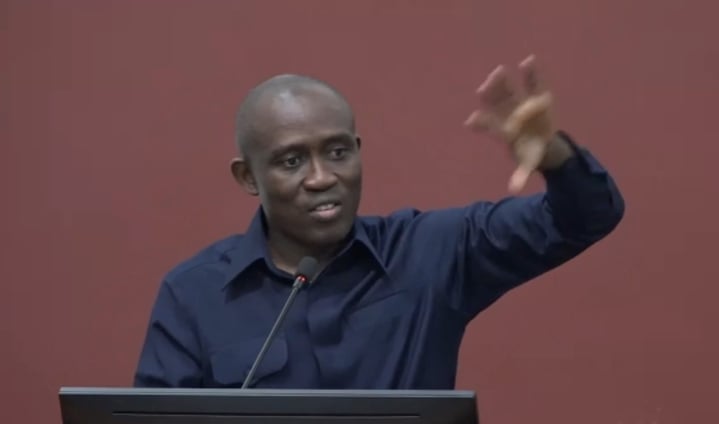The state of Water, Sanitation, and Hygiene (WASH) in Ghana’s healthcare facilities presents a complex picture of progress interspersed with significant challenges. While advancements have been made in recent years, a substantial gap remains between the ideal and the reality, jeopardizing patient safety and hindering the achievement of optimal healthcare outcomes. This precarious situation was brought to the forefront at a WASH advocacy event, where health experts and stakeholders converged to dissect the persistent barriers, showcase successful interventions, and chart a course towards comprehensive WASH improvements across the nation’s healthcare system. The event served as a stark reminder of the urgent need for collaborative action to address the systemic neglect and chronic underfunding that plague the WASH sector.
The core message resonating throughout the event was the fundamental right to WASH in healthcare settings. This right, inextricably linked to quality healthcare and the attainment of Sustainable Development Goal Three, remains elusive for many Ghanaians. Dr. Franklin Asiedu-Bekoe, representing the Ghana Health Service (GHS), underscored the dire consequences of inadequate WASH infrastructure, highlighting the persistence of poor hygiene conditions in numerous facilities. He emphasized the critical role of WASH in preventing infections, reducing hospital stays, optimizing healthcare costs, and ultimately, improving outcomes for both patients and healthcare providers. Despite the documented progress in increasing access to basic water and hygiene services, the reality for vulnerable populations, particularly women giving birth, often involves unhygienic conditions that pose significant risks.
The global context of the WASH crisis further amplifies the urgency of the situation in Ghana. Dr. Angela Ackon, representing the World Health Organization (WHO), painted a grim picture of the global disparities in access to basic WASH services within healthcare facilities. Billions worldwide lack access to even the most fundamental necessities, with the burden disproportionately affecting the poorest and most vulnerable populations. This global perspective underscores the need for concerted international efforts to address this pervasive issue and ensure equitable access to WASH for all. The stark statistics presented by Dr. Ackon served as a sobering reminder of the magnitude of the challenge and the interconnectedness of global health.
Personal accounts from healthcare professionals on the ground provided a poignant illustration of the daily struggles faced due to inadequate WASH provisions. Professor Titus Beyuo, a member of the Parliamentary Select Committee on Health, shared his experiences as a surgeon, forced to compromise patient safety due to the lack of clean water. These firsthand accounts humanized the crisis, emphasizing the direct impact on both healthcare providers and the patients they serve. The vulnerability and risk inherent in such situations underscore the ethical imperative to prioritize WASH improvements and ensure a safe and dignified environment for all.
The advocacy event culminated in a comprehensive call to action, urging stakeholders across the spectrum to prioritize investments in WASH infrastructure. Dr. Asiedu-Bekoe’s nine-point plan encompassed crucial elements such as strengthening infection prevention and control measures, promoting rigorous safety standards, and advocating for stronger policies and increased funding dedicated to WASH in healthcare settings. This multifaceted approach recognizes the need for systemic change and collaborative efforts to address the multifaceted challenges hindering progress in the WASH sector. The call to action served as a rallying cry for collective responsibility and a commitment to tangible improvements.
Moving forward, the success of WASH interventions in Ghana hinges on sustained commitment from all stakeholders. Partnerships between government agencies, international organizations, and local communities are essential to driving meaningful change. The collective commitment expressed by organizations like UNICEF Ghana, PATH, WaterAid, and the National Development Planning Commission provides a foundation for collaborative action and resource mobilization. Continued advocacy, coupled with robust monitoring and evaluation mechanisms, will be crucial to ensuring accountability and tracking progress towards achieving universal access to WASH in healthcare facilities across Ghana. The ultimate goal is to create a healthcare system where WASH is no longer a barrier to quality care, but rather a fundamental pillar supporting the well-being of all Ghanaians.


